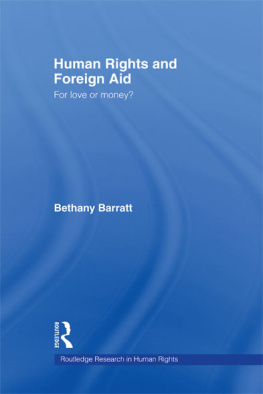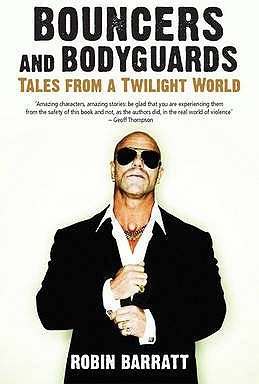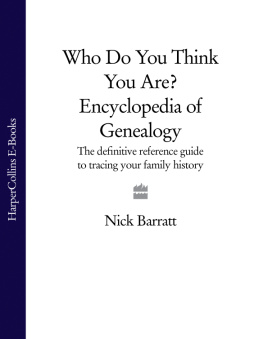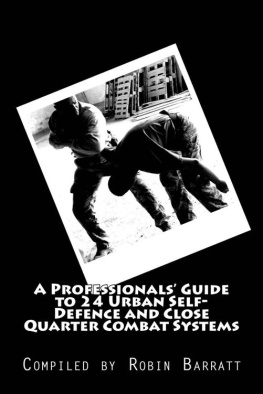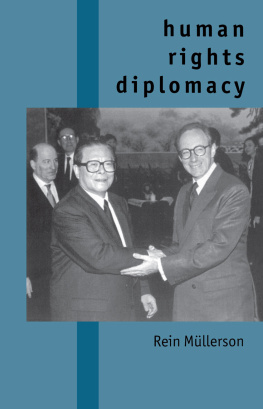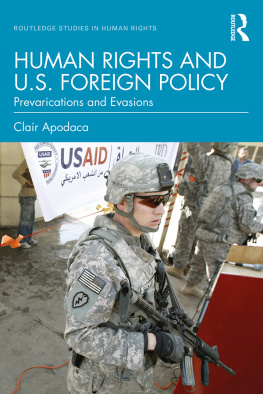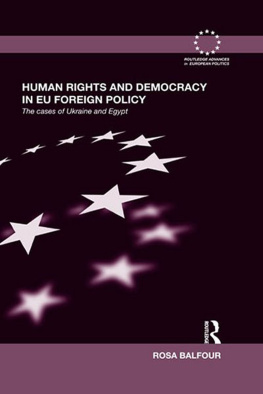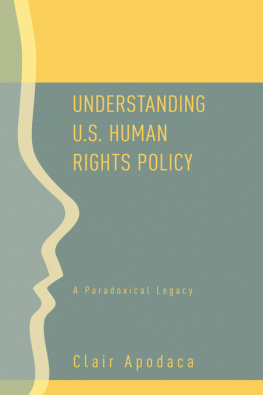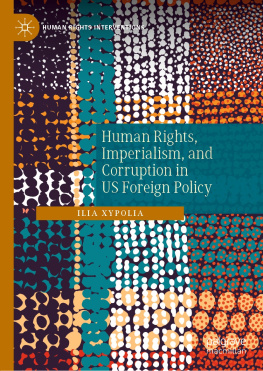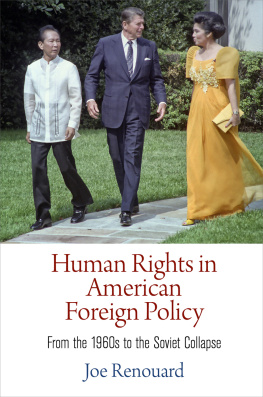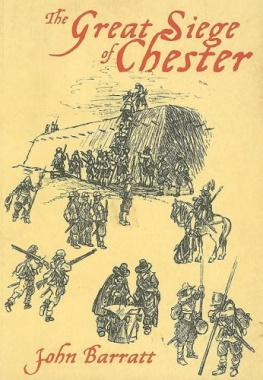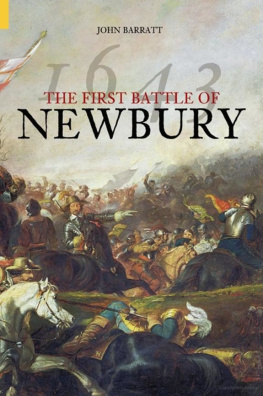Barratt - Human Rights and Foreign Aid
Here you can read online Barratt - Human Rights and Foreign Aid full text of the book (entire story) in english for free. Download pdf and epub, get meaning, cover and reviews about this ebook. year: 2007, publisher: Taylor & Francis, genre: Politics. Description of the work, (preface) as well as reviews are available. Best literature library LitArk.com created for fans of good reading and offers a wide selection of genres:
Romance novel
Science fiction
Adventure
Detective
Science
History
Home and family
Prose
Art
Politics
Computer
Non-fiction
Religion
Business
Children
Humor
Choose a favorite category and find really read worthwhile books. Enjoy immersion in the world of imagination, feel the emotions of the characters or learn something new for yourself, make an fascinating discovery.
Human Rights and Foreign Aid: summary, description and annotation
We offer to read an annotation, description, summary or preface (depends on what the author of the book "Human Rights and Foreign Aid" wrote himself). If you haven't found the necessary information about the book — write in the comments, we will try to find it.
Human Rights and Foreign Aid — read online for free the complete book (whole text) full work
Below is the text of the book, divided by pages. System saving the place of the last page read, allows you to conveniently read the book "Human Rights and Foreign Aid" online for free, without having to search again every time where you left off. Put a bookmark, and you can go to the page where you finished reading at any time.
Font size:
Interval:
Bookmark:
Human Rights and Foreign Aid
By trying to alleviate poverty abroad, foreign development assistance tries to meet, among other things, basic human needs, which some schools of thought classify as basic human rights. However, because development abroad has often been treated as a tool for the pursuit of donor interests, rather than as an end in itself, it often ends up not only neglecting basic human rights, but making the situation worse.
Bethany Barratt develops this argument by presenting a systematic external examination of the internal documentation of aid rationale in three major donor countries (Britain, Canada and Australia). The book sets the discussion of these documents in the context of the foreign policy process and structure of each donor, and contrasts it with the results of statistical analyses of key factors in aid. It shows that different criteria are applied to the various categories of recipient states, resulting in an inconsistent treatment of recipient rights as an aid criterion.
While the book demonstrates important gulfs between rhetoric and reality, between elected policy-makers and aid-implementing agencies, and between the donors themselves, it comes to relatively optimistic conclusions about the general direction of foreign assistance and its increasingly pure focus on poverty alleviation.
This substantive and important book will be invaluable to students, researchers and policy-makers in the fields of politics, economics and development.
Bethany Barratt is an Assistant Professor of Political Science at Roosevelt University, Chicago, Illinois.
1 Human Rights and US Foreign Policy
Jan Hancock
2 Human Rights and Foreign Aid
For love or money?
Bethany Barratt
For love or money?
Bethany Barratt

LONDON AND NEW YORK
For Christian, my parents and my friends in development assistance
And in memory of Steven C. Poe
In the course of writing this book I have learned a lot about generosity. This book would not exist without the kindness and talent of countless people.
First, Heidi Bagtazo, Harriet Brinton and Amelia McLaurin at Routledge have been boundlessly supportive and patient.
My colleagues have been extremely generous with their time and expertise. My dissertation chair, Scott Gartner, who has done excellent work primarily in the field of conflict studies and the domestic determinants of international behavior, spent hours listening and thinking about issues of development and human rights during the course of my graduate work at the University of California, Davis. My work is incalculably the better for the close and critical reading of various components by David Black, Sabine Carey, Mark Gibney, Joanne Gowa, Rhoda Howard-Hassmann, Pat James, Leslie Johns, Brian Lai, Carol Lancaster, Todd Landman, David Morrison, Marc OReilly, Steve Poe, Richard Taylor, Jenifer Whitten-Woodring, and four anonymous reviewers for Routledge. Invaluable data assistance was provided by Doug Bond and Joe Bond of the PONSACS project.
Earlier versions of this work were presented at meetings of several professional associations, including the Journeys in World Politics Workshop at the University of Iowa, the American Political Science Association, the International Studies Association and the Midwest Political Science Association. Numerous discussants and audience members there afforded invaluable insights.
Excellent research assistance was provided by Wendy Bohan and Ron Fried-man. My friend Therese Boling supplied similarly superlative research assistance at several stages, along with unflagging support and enthusiasm.
Tireless staff at DfID, CIDA and AusAID have been extremely generous toward a nosy and persistent researcher. Many have given boundlessly of their time, effort, good humor and tour-guiding skills. Richard Ball and Alex Carrasco, as well as the entire information management section of the Asia branch at CIDA, were very generous with their time and their scanners. Steve Taylor at AusAID went from being my email sparring partner to being my friend and fellow kangaroo-seeker in Canberra. Richard Sharp at DfID had the dubious distinction of being the first person at any of the agencies to answer my repeated requests for access to information. Without my friends David Barker and Richard Taylor at DfID, my archival research would have been much more difficult, and infinitely less fun.
NGO staff have been tireless in answering questions and reaffirming the importance of this work, chief among them Andre Frankovitz at HRCA and Tim OConnor at Aidwatch.
Despite the best efforts of these and many other fine people, the work which follows retains a host of imperfections, the responsibility for which is entirely my own.
My undergraduate advisor at Duke, Ole Holsti, has not read this work but has been an invaluable mentor in my career and my life for the past 15 years.
Final and most important thanks go to my colleague and ever-patient partner, Christian Erickson.
As this book was in production, one of the founders of quantitative human rights scholarship passed away suddenly. Steve Poe was not only at the forefront of research in the field, but was among the kindest and most intellectually generous colleagues I have ever met. He has left a great hole in our community, and is sorely missed.
| ADAA | Australian Development Assistance Agency |
| ADAB | Australian Development Assistance Bureau |
| AI | Amnesty International |
| AIDAB | Australian International Development Assistance Bureau |
| AIPAC | American Israel Public Affairs Committee |
| ALP | Australian Labour Party |
| ANZUS | Australia New Zealand United States (mutual defence treaty) |
| ASEAN | Association of South East Asian Nations |
| ASSIST | Assistance to Support Stability with In-Service Training |
| ATP | Aid and Trade Provision |
| AusAID | Australian Agency for International Development |
| BTI | British Trade International |
| CAP | Country Assistance Plan |
| CAT | Convention Against Torture |
| CDPF | Country Development Programming Framework |
| CIA | Central Intelligence Agency |
| CIDA | Canadian International Development Agency |
| CIDA-INC | Canadian International Development Agency Industrial Cooperation Programme |
| CIRI | Cingranelli and Richards Human Rights Index |
| CIS | Commonwealth of Independent States |
| CSCE | Commission for Security and Cooperation in Europe |
| CSP | Country Strategy Paper |
| DAC | Development Assistance Committee |
| DCP | Development Cooperation Paper |
| DCS | Development Cooperation Strategy |
| DFAIT | Department of Foreign Affairs and International Trade |
| DFAT | Department of Foreign Affairs and Trade |
| DfID | Department for International Development |
Font size:
Interval:
Bookmark:
Similar books «Human Rights and Foreign Aid»
Look at similar books to Human Rights and Foreign Aid. We have selected literature similar in name and meaning in the hope of providing readers with more options to find new, interesting, not yet read works.
Discussion, reviews of the book Human Rights and Foreign Aid and just readers' own opinions. Leave your comments, write what you think about the work, its meaning or the main characters. Specify what exactly you liked and what you didn't like, and why you think so.

